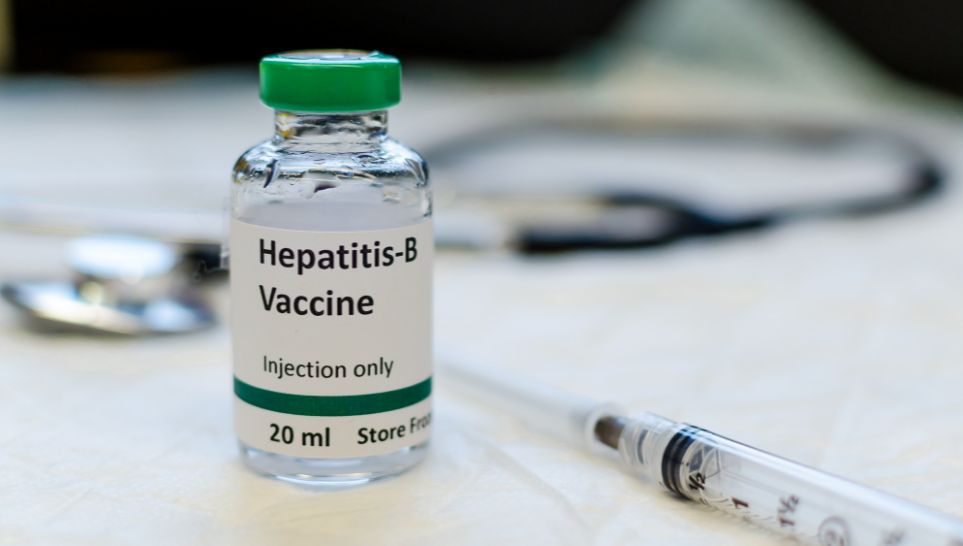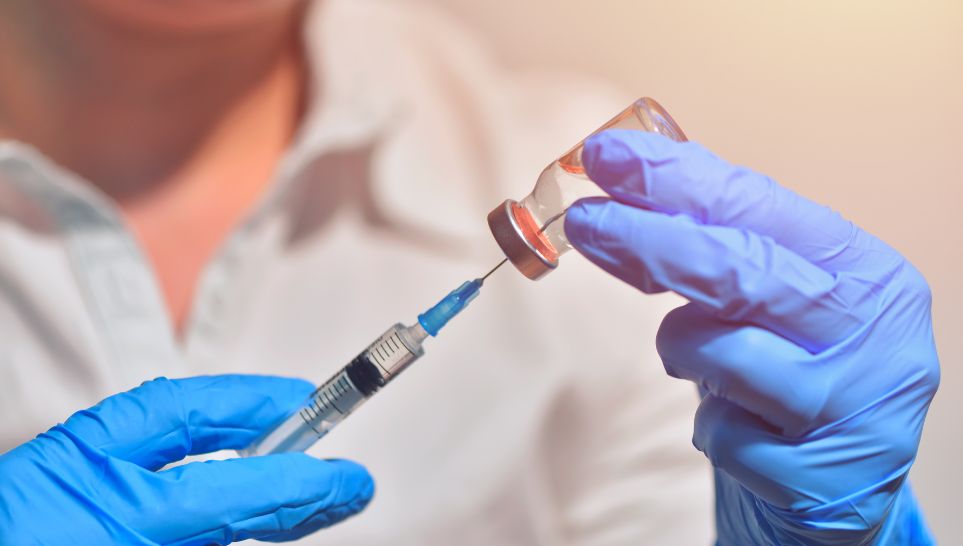
When people are allergic to vaccines, it generally means that they either have a reaction to the contents of the vaccine itself or the manner in which it was administered. For example, patients may have an allergy or sensitivity to latex which may cause a reaction where the latex came in contact with their skin. Generally, this is a more minor type of allergic reaction, but it can be severe on occasion. The more serious allergic reactions occur when patients cannot tolerate the ingredients of the vaccine. Many times, it is difficult to know ahead of time whether the patient is allergic to the vaccine since they have never received the injection before.
There are generally four different things associated with vaccines that can cause an allergic reaction. They are:
- Active immunizing antigens and conjugating agents
- Culture media
- Additives
- Contamination (from things such as latex)
The severity of allergic reactions vary from a minor inconvenience that leads to discomfort for a short period of time to more serious reactions that can be life-threatening. Even reactions that start off as minor can worsen rapidly to the point where they will require lifesaving treatment. Below are some of the possible reactions that patients can experience after receiving a vaccine.
Local Reactions
These reactions are generally less than life threatening, but are more than a mere annoyance. This will likely mean there is redness and swelling at the injection site that could result in a temporary sharp pain and loss of motion. Patients will normally experience these symptoms within minutes after receiving the injections, although it may take up to four hours for the reaction to develop. Generally, these reactions are limited in duration and will go away within three to five days. For some vaccines, the local reactions may last longer. If the pain is excruciating or does not go away within a week, seek medical help because you could be experiencing a case of SIRVA that needs to be treated.
Fever
This is normally one of the minor reactions to a vaccine and will not last too long. Most times, it is a minor inconvenience that begins around a day after receiving the injection as the contents begin to interact with the body. The fever will last a day or two before it recedes. In rare instances, the fever can be more severe. If the fever is high, you should seek immediate medical attention since a high fever can cause lasting impacts.
Delayed Reactions
In most cases, the reaction will start very soon after the injection if it is not instantaneous. However, as the vaccine remains in the body, there is a possibility of a delayed reaction to the injection. Sometimes, this reaction can result at least a week after receiving the vaccine. Sometimes, symptoms can be delayed by as much as four weeks. It is important to remember that you have received a vaccine so that, if there are unusual symptoms afterwards, you can remember to associate it with the vaccine if you seek medical treatment.
Anaphylaxis
This is the most serious allergic reaction associated with vaccines. This word describes any type of severe life-threatening allergic reaction. For example, if you are allergic to bee stings or peanuts, you can have this type of allergic reaction. Here are some of the symptoms that are associated with anaphylaxis:
- Skin reactions ranging from minor to severe
- Changes in blood pressure and pulse
- Swelling in the throat and blocking of airways, making it difficult to breathe
- Nausea, vomiting or diarrhea
- Fainting and dizziness
It is important to be able to recognize symptoms of anaphylaxis right as they start to occur because it can be too late to receive effective treatment for this. While anaphylaxis in connections with vaccines is very rare, it is the reaction that can kill you so it is important not to wait for these symptoms to go away. If you have allergies in general, it increases the chance that you may have this reaction to a vaccine.
Gastrointestinal Reactions
Some vaccines can cause diarrhea and other gastrointestinal distress. For example, babies who receive the rotavirus vaccine may get diarrhea. These are generally temporary reactions and will go away when the body flushes away some of the contents of the vaccine.
It is important to know your risk factors before you go for a vaccination. To the extent that you are allergic to something, it is vital to let your physician know ahead of time. Certain people may not be suitable candidates to receive a vaccination. If you are experiencing a reaction, it is best not to judge the severity on your own. You should always call a physician, even if the reaction seems minor. First, this is critical to protect your health. Second, it is also important to document the issues that you are facing should you later need to file a claim for compensation for vaccine injuries.
If you or a loved one has been injured by a vaccine, please contact the Law Offices of Sadaka and Associates today for a free evaluation of your case.





